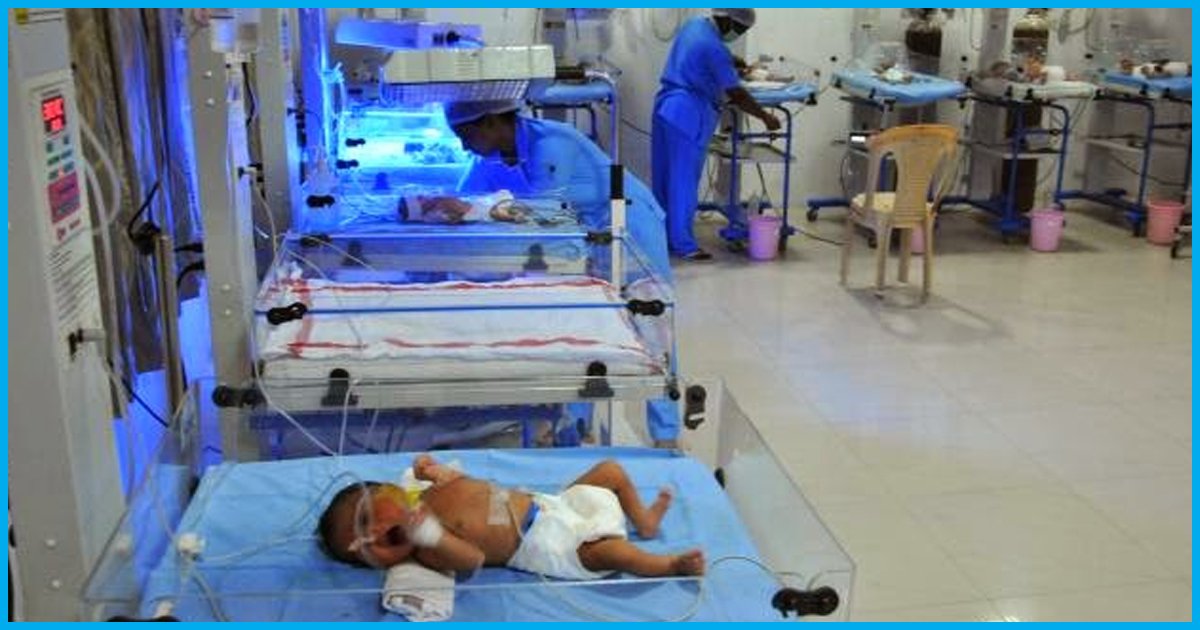
In A Move That Could Save Millions Of Lives, Indian & US Scientists Have Discovered A Cure For Sepsis
18 Aug 2017 1:29 PM GMT
A recent study made by a team of scholars of University of Nebraska Center College of Public Health has determined that a unique mixture of good bacteria would enable in reducing the chances of sepsis in infants in India by 40%. The cure would also be cost-effective, costing only $1 per child.
The research which was headed by Pinaki Panigrahi, MD, PhD, professor, epidemiology and paediatrics, Center for Global Health and Development, is a result of 15 years of work and has the potential to bring about a change in infant health worldwide.
What is sepsis?
Also known as “blood infection”, sepsis is a pervasive global healthcare problem. It is also a leading cause of death in the least developed countries.
In the developing world, sepsis accounts for 40% of all neonatal lives lost per year; more than 100,000 women contract sepsis in the course of pregnancy and childbirth.
In children and adults, sepsis occurs when the body attempts to fight an infection but ends up damaging tissues and organs.
This chaotic response, designed to protect us, causes widespread inflammation, leaky blood vessels and abnormal blood clotting resulting in organ damage.
In severe cases, blood pressure drops, multiple organ failures ensue and the patient can die rapidly from septic shock.
About the research
“This is the largest clinical trial of probiotics in newborns funded by the National Institutes of Health,” Dr Panigrahi said to The Science Daily.
Probiotics are live bacteria and yeasts that are good for our health, especially the digestive system. Synbiotics are combinations of probiotics with an FOS (alternative sweeteners) supplement that promotes growth and sustains colonisation of the probiotic strain. FOS, naturally found in breast milk and such plants as onion, chicory, garlic, asparagus, banana, artichoke and others, is food for the probiotic bacteria.
The universe of study for the research team was 4,500 newborns from 149 villages in Odisha. The children were followed for their first 60 days; the most critical period when they tend to get sick and die.
During their first days of life, the newborns were administered the oral preparation for seven days.
Results of the randomised, double-blind, placebo-controlled study showed that sepsis and deaths in the first two months of infancy were reduced by 40%, more than twice of what was anticipated by the team.
Not only that, the synbiotic treatment also lowered respiratory tract infections. This was a huge success for the researchers.
India has one of the highest rates of infant mortality in the world. Of the one million newborns who die at birth worldwide, India accounts for 700,000 such deaths, according to UNICEF. For every 1,000 live births in India, 40 babies die. With this successful research at hand, Dr Panigrahi and his team intend to bring down the numbers of death due to sepsis. It is possible that the probiotic formula turns out to be an affordable oral sepsis vaccine.
The Logical Indian community appreciates the research carried out by the team and hopes that it helps in bettering the situation of prenatal and postnatal deaths in India.
 All section
All section













